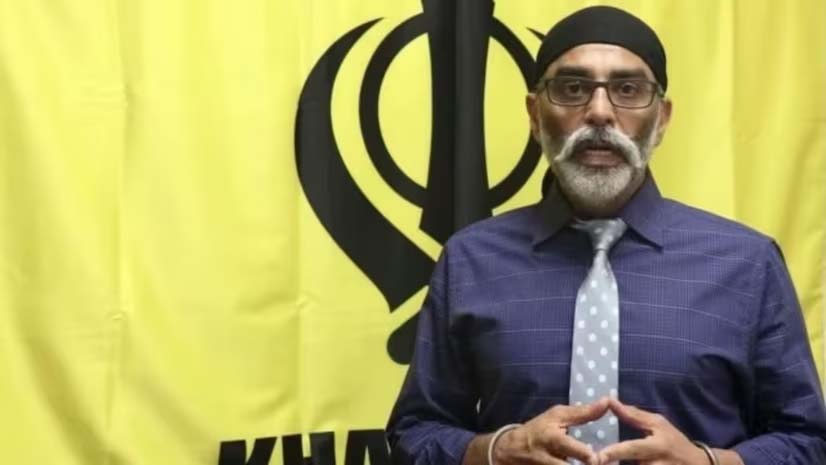In a rebuttal to the United States’ accusations against India regarding an alleged assassination scheme targeting pro-Khalistan activist Gurpatwant Singh Pannun, the Russian Foreign Ministry dismissed the claims, citing a lack of credible evidence provided by Washington implicating Indian nationals.
Maria Zakharova, the official spokeswoman for the Russian Foreign Ministry, asserted during a briefing that Washington’s assertions lacked substantiated evidence regarding Indian involvement in the purported plot against GS Pannun. She criticized the speculative nature of such claims in the absence of concrete proof, deeming it unacceptable.
Zakharova further criticized the U.S. for what she perceived as a lack of understanding of India’s national psyche and historical background, accusing Washington of disrespecting India as a sovereign state. Her remarks were in response to inquiries about Moscow’s stance on accusations leveled against an Indian official in connection to an alleged assassination attempt, with ‘The Washington Post’ insinuating parallels between India’s actions and those of Russia and Saudi Arabia against perceived adversaries.
Regarding ‘The Washington Post’s’ characterization of India’s actions, Zakharova suggested that the term “repressive regime” might be better suited for Washington, given what she described as its repressive policies domestically and internationally. She emphasized the need for evidence-based accusations and criticized the U.S.’s recurrent baseless allegations against India, attributing them to a lack of comprehension of India’s historical context and a neocolonial mindset.
Zakharova asserted that such accusations were not limited to India but were part of a broader agenda to disrupt India’s internal political landscape, particularly during crucial parliamentary elections. She highlighted what she perceived as interference in India’s internal affairs under the guise of promoting religious freedom.
The controversy stems from allegations by the U.S. Justice Department, which in November unsealed an indictment against an Indian national accused of involvement in a thwarted plot to assassinate Pannun. India’s External Affairs Ministry had previously rejected reports linking an Indian official, purportedly from the Research and Analysis Wing (RAW), to the alleged plot, dismissing them as unfounded and speculative.
Responding to media queries, a spokesperson for India’s Ministry of External Affairs emphasized that the matter was under investigation by a High-Level Committee established by the Indian government. The spokesperson denounced speculative and irresponsible comments, reaffirming India’s commitment to investigating security concerns shared by the U.S. regarding criminal networks and terrorism.
The Washington Post report implicated an Indian businessman, Nikhil Gupta, allegedly directed by a RAW official identified as Vikram Yadav, in a plot to assassinate Pannun. Gupta, currently detained in the Czech Republic pending extradition to the U.S., faces charges related to the alleged murder-for-hire scheme.
Notably, the indictment filed by the U.S. Justice Department accuses an Indian government employee, referred to as CC-1, of recruiting Gupta to orchestrate the assassination. Gupta faces a maximum sentence of 10 years in prison for his involvement. Czech authorities apprehended Gupta pursuant to the extradition treaty between the U.S. and the Czech Republic.
In response to these developments, India’s Ministry of External Affairs expressed concern over the case filed against an individual in a U.S. court allegedly implicating an Indian official, stressing that it contradicted government policy. India has initiated an investigation into the matter through a high-level committee.




